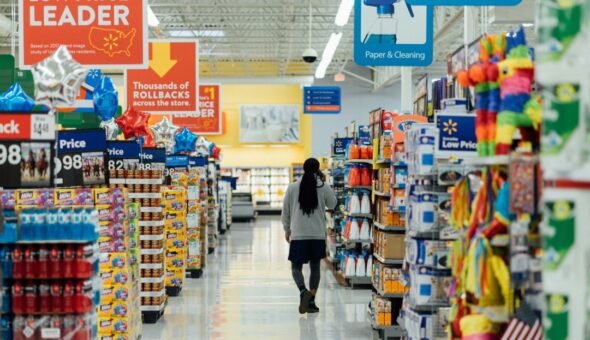As not only a year, but also a decade came to a close, we caught up with three CBOS members to find out about their New Year’s Resolutions. On the back of a big year for climate awareness - and one in which much of CBOS’ work became even more urgent - our colleagues Avi Shankar, Deborah Brewis, and Ines Wemheuer explain how they will seek to ‘walk-the-sustainability-talk‘ in 2020.
Travel related CO2 emissions are a well-documented cause of climate change. Academic work, by its nature is international, and there are a number of opportunities for reducing our environmental footprint when we travel for work. Professor Avi Shankar says “I no longer fly to conferences”, and Dr Johanne Grosvold noted in her reflections on a conference that it is time to think differently about things like conference attendance. She is not attending conferences in North America this year for that reason.
The fashion industry is one of the major polluting industries in the world. In 2018 it was estimated that the fashion industry produces 8% of all manmade CO2 emissions. To make matters worse, the tendency in the West towards “fast fashion” has meant that more and more clothes are being produced – and disposed of – every year. While the most sustainable approach is of course to buy nothing, this isn’t always possible. In that case, how do we affect change? By putting our money where our mouth is, and spending purposefully. Only buy what is essential and get it from an ethical source. Shop second hand where possible, or even rent outfits for special occasions. As more and more consumers reject fast fashion, and profits fall, brands will adapt to survive, prioritising the ethical viewpoints of their customers. Insa Wemheuer is taking a tough approach;
“I aim to buy nothing new other than food or hygiene products. If I feel like I absolutely have to buy something, like clothing or a gift, I’ll aim to get it second-hand or even try and make it myself!”
Dr Deborah Brewis has committed to making herself better informed, and to understand more about how she can make earth-positive choices and facilitate change; “Climate breakdown is happening, and it’s scary. The only way I know how to face it is by taking action: This year, as well as making changes in how I live day-to-day, I am resolving to become more informed about my impact on the environment by sitting down to do some research into the carbon impact of my everyday food, travel, energy consumption and waste using online calculators and books. I try to get my head around the global-ness of the issue by reading at least one article every week to learn from voices from the Global South and Indigenous peoples and about alternative approaches to the economy.”
Individual consumer behaviour is a significant driver of change. However, real improvement won’t be possible without action from government. Write to your MP to encourage them to campaign for green policies in parliament, and to make sustainable changes in the local community.
“I’m committing to do my bit to advocate for coordinated action in response to the crisis. I’d like to get more involved locally where I live and where I work, by joining a community action group and writing to my MP” says Dr Brewis.
What difference can we make?
With so many politicians fiddling as Australia burns, it’s easy to feel pessimistic about our chance of halting the damage. But we cannot become despondent. Although change must of course come via coordinated international efforts on behalf of governments and corporations, individuals can and should make a difference.
The best part is, it’s already happening. While we are by no means in the clear, the turning tide of public opinion is reason enough for hope. It is slowly becoming unacceptable to consume without regard, to prioritise profit over ethics and to pollute without consequence. Thanks to the efforts of some trail-blazing organisations, environmental advocacy groups and determined individuals, steps are being taken to rectify the damage done to our planet. Find out more about the small victories in our fight, and be inspired to believe that things can change.
Respond



